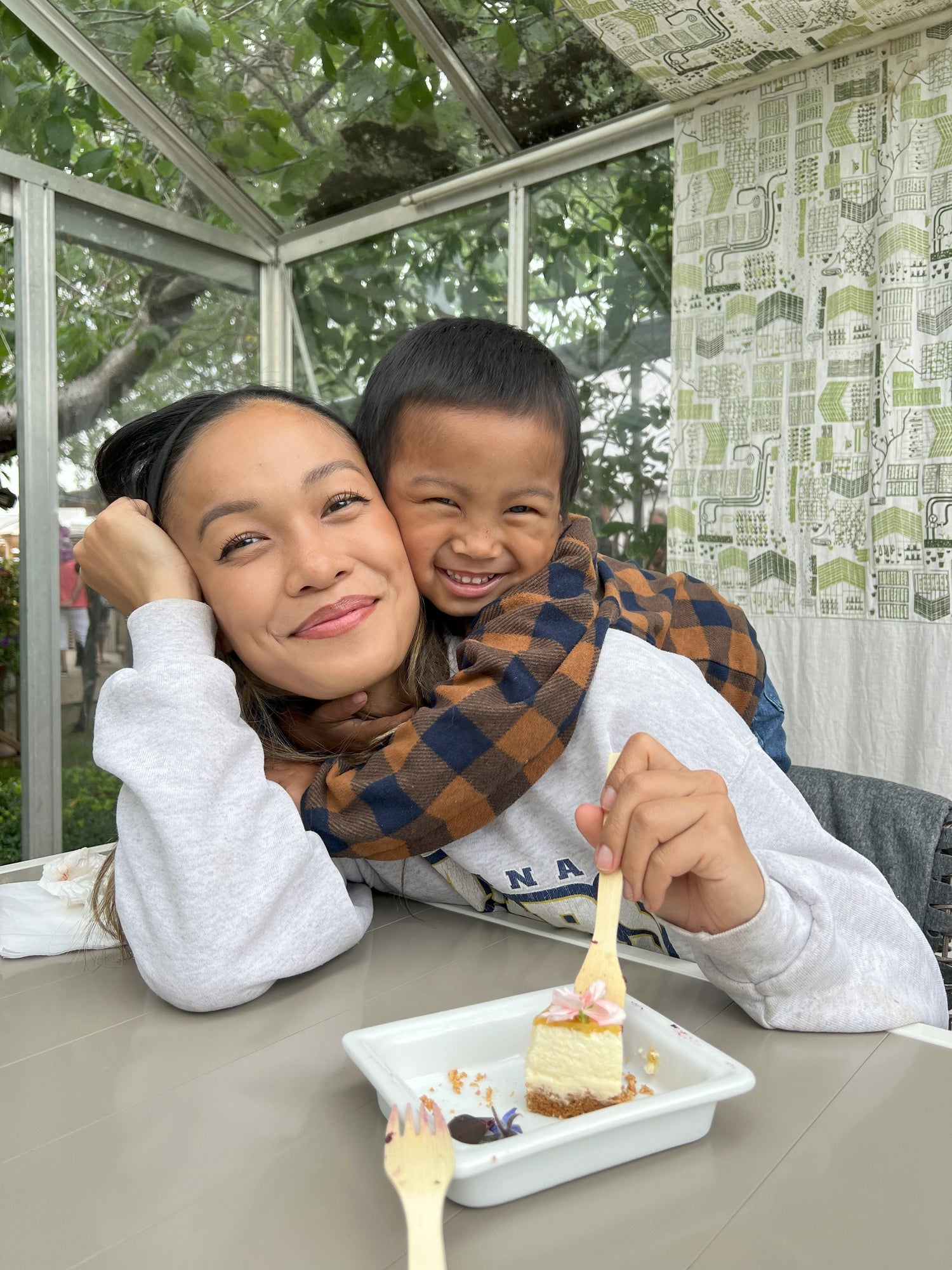By: Ida Welbourn
Listening actively and curiously to your child/teenager is an important part of building a strong and healthy relationship. Making yourself available with your presence, your time and your interest can go a long way. There are various signals that may mean that you need to listen a little more to your child/teenager. Here are some examples:
Silence or avoidance: If your child/teen becomes silent or avoids eye contact, it may be a signal that they need to talk to you. It may indicate that they are unsure of how to express their feelings or that they are feeling down or anxious.
Self-absorption or isolation: If your child/teen seems self-absorbed or isolated, such as sitting a lot on the computer or in their room, it could be a signal that they need your attention or that they are struggling with something that they need to talk about.
Attention-seeking: If your child/teen tries to get your attention by repeating themselves, talking louder or reminding you of things, it could be a signal that you need to listen to them or that they need to talk to you about something they can't understand themselves or come to terms with. Showing that you have listened also means remembering and returning, for example, with follow-up questions such as "how did it go with the friend you were so disappointed with?".
Emotional stress or change in mood: If your child/teen shows signs of emotional stress such as crying, being angry or frustrated, seeming restless and anxious, it could be a signal that they need your attention and support.
When behavior or routines change: If your child/teen suddenly changes their habits, for example with sleep or food, or loses interest in something, it could be a signal that something is wrong and that they need to talk to you.
These behaviors are examples of signals that your child/teenager needs your support and then it is important that you show that you want to listen to what they have to say. Every child/teen is unique and there may be other signals that are specific to your child/teen and their personality. Being present and attentive can help you spot signals that may mean they need to talk to you.
Active listening means: Try to understand their perspective without interrupting them, validate what is being said and don't offer solutions or judgmental comments. Listen with curiosity and acceptance. Ask if the child/teenager needs your help before offering to help. Often the need for someone to listen and confirm is greater than the need for help, this is especially true for teenagers.
Our emotion cards will help you in conversations with your child. Read more HERE





